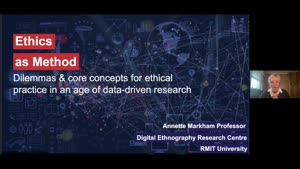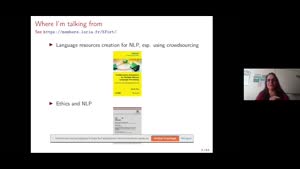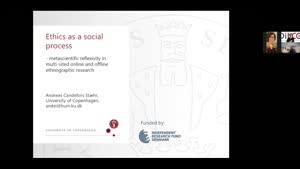Hate speech detection: Bias in data and annotations: DiLCo Lecture Series 2024 (28 March) - Sandra Kuebler - Universität Hamburg
- Lecture2Go
- Videokatalog
- F.5 - Geisteswissenschaften
- Sprache, Literatur, Medien (SLM I + II)
- Digital language variation in context (DiLCo)
Videokatalog
Hate speech detection: Bias in data and annotations: DiLCo Lecture Series 2024 (28 March)
Sandra Kübler is a Professor of Computational Linguistics in the Department of Linguistics at Indiana University. Her main research areas are syntactic parsing, with a focus on morphologically rich languages, and machine learning approaches to sentiment analysis, emotion detection, hate speech detection, and conspiracy detection, with a focus on decisions made during data collection and annotation. Dr. Kübler currently serves as an associate editor for the journal Natural Language Engineering.
Hate speech detection is popular topic with important real world applications. In this talk, I want to have a closer look at the data situation in hate speech detection. Using machine learning for hate speech detection tends to give good results, but such results are often deceptive. Issues that that have been raised are biases in the data, annotation quality, sampling strategies, domain effects, but also include the definition of what we consider hate speech. All of these issues have a profound effect on results, but do not have simple solutions.
DiLCo Lecture Series 2024 aims to showcase cutting edge international research on digitally language and communication by both senior and younger researchers from across the world. We wish to present research that explores digital language and communication by drawing on key concepts and topics in socio-cultural linguistics, such as community, context, identity, mediated interaction, multimodality, and linguistic change. We particularly welcome presentations of innovative methods that cut across traditional disciplinary boundaries.
---
DiLCo (‘Digital language variation in context’) is a 3-year international research network initiated in 2021 at the University of Hamburg. The network brings together researchers from Europe and USA with expertise in computational, interactional, and ethnographic approaches to digital language and linguistics. It aims to provide a platform for the development of interdisciplinary ideas in digital language and communication research, and for early-career capacity building.

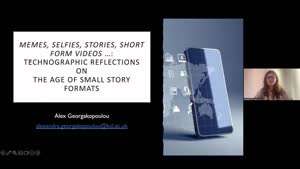
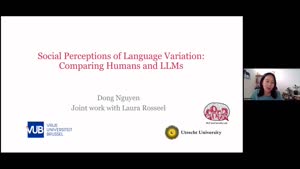
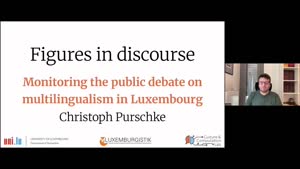
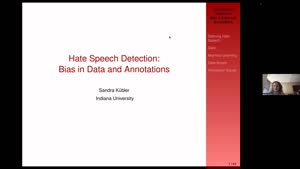
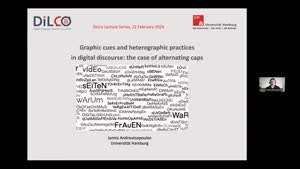
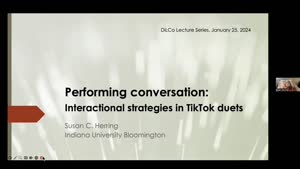
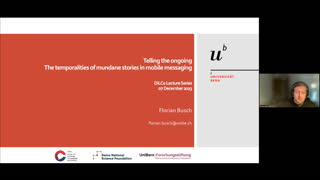
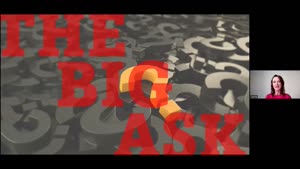
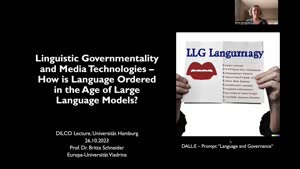
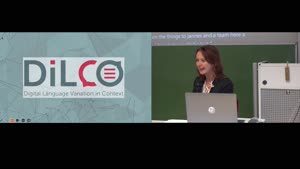
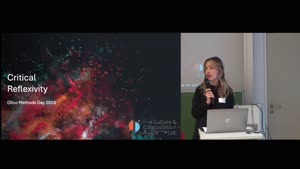
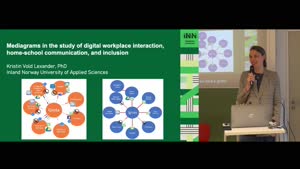
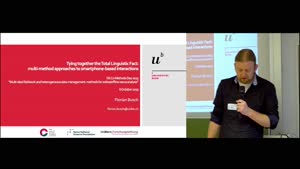
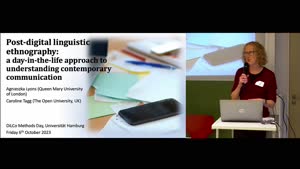
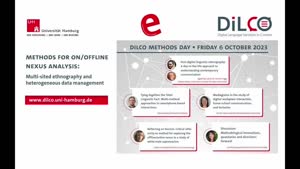
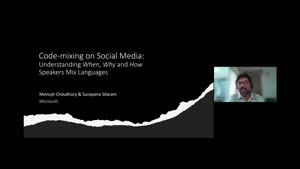
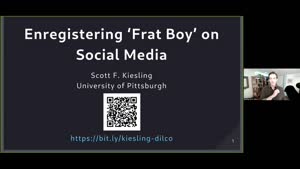
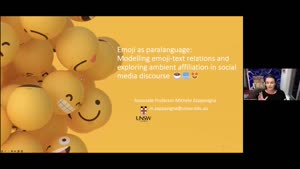
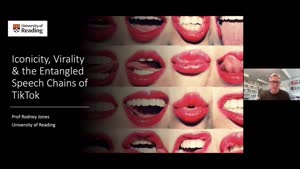
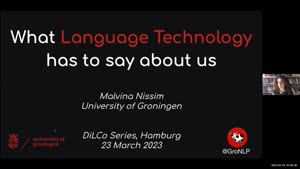
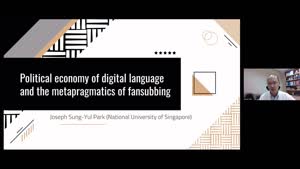
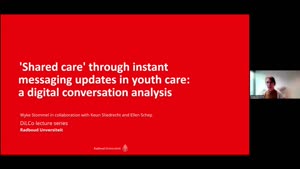
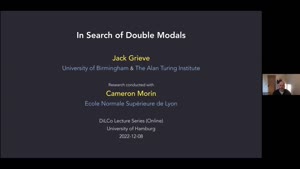

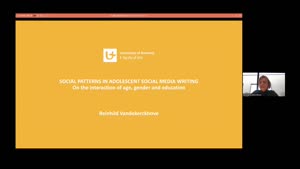
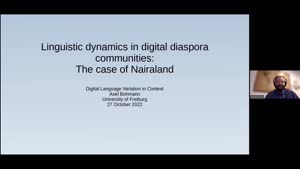
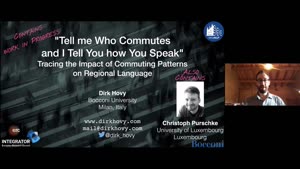
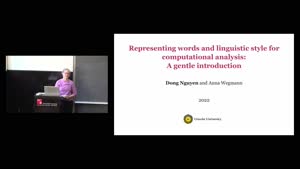
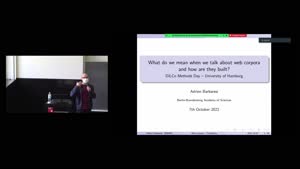
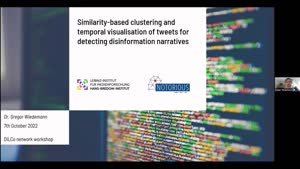
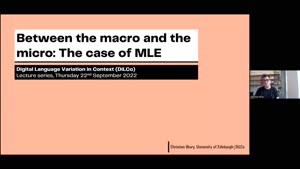
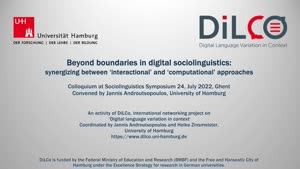
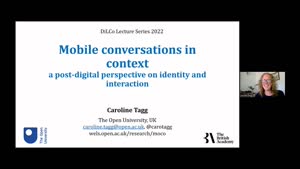
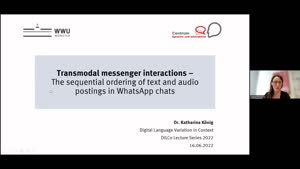
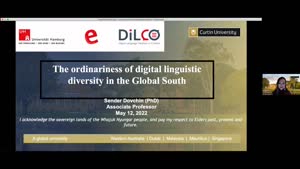
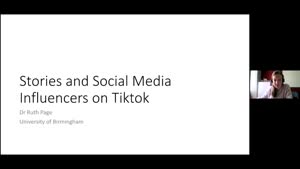
![Miniaturansicht - Graphic Prosody and political discourse on Greek Reddit [Presentation in Greek]](https://lecture2go.uni-hamburg.de/images/00.000_video-61074_2022-03-30_18-30_m.jpg?lastmodified=1663761108652)
